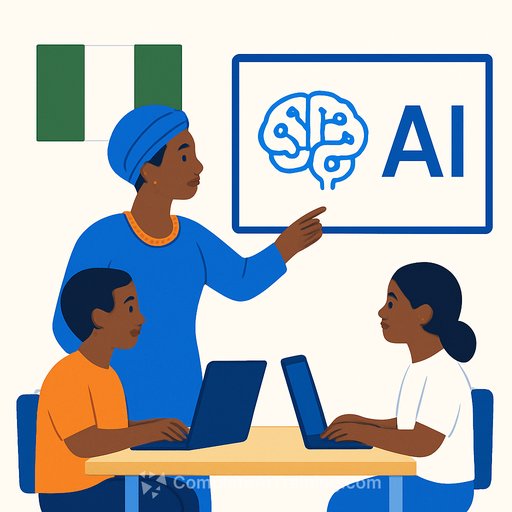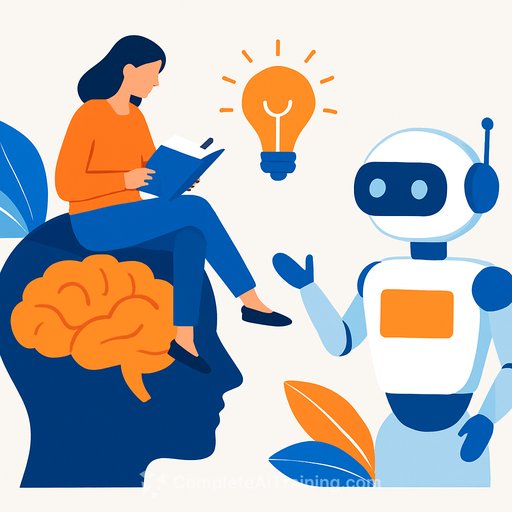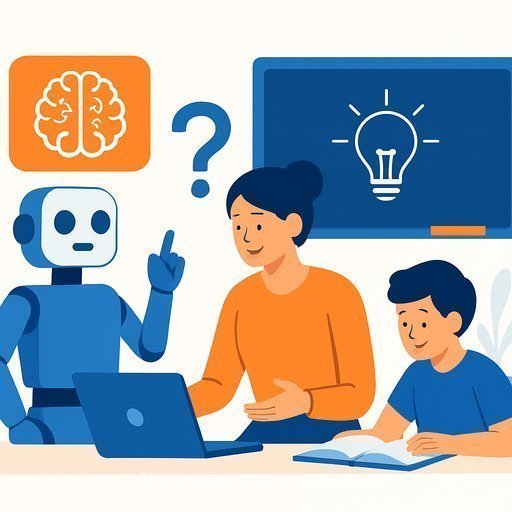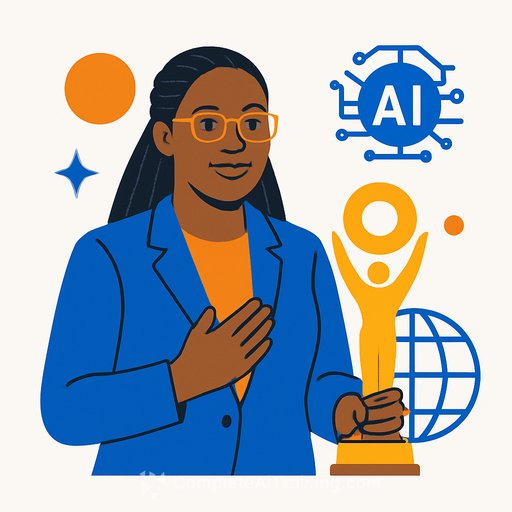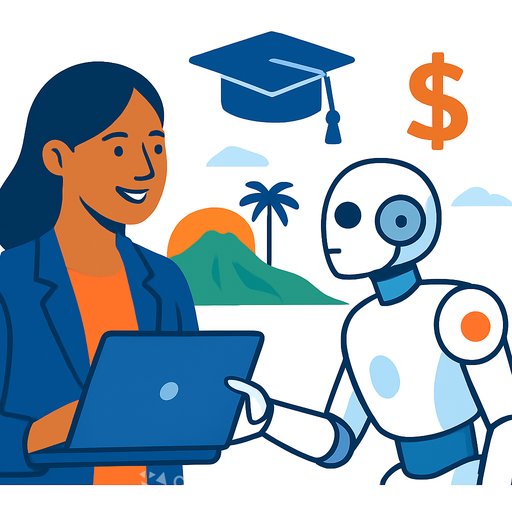Nigeria urged to back a Global AI-in-Education Charter
A new 2025 HP Futures Report, led by the Global Learning Council, T4 Education and HP, is calling on Nigeria's Federal Government to support a mandatory global AI in Education Charter. The goal: adopt ethical, effective, and safe classroom technology that protects learners and strengthens teaching.
The recommendations will go before education ministers at the World Schools Summit in Abu Dhabi on November 15-16, with a clear message to policymakers: build responsible and equitable AI-powered learning environments that prepare students for the future of work.
What the charter would require
- Vendor proof of strong data privacy and learner data ownership.
- Environmental sustainability commitments.
- Safeguards for minors and a ban on exploitative practices.
What students are already doing
From a survey of 2,860 students in 21 countries, over 60% use AI daily for research. At the same time, 71% want limits on AI capabilities in education. Students are using these tools-and asking adults to set the guardrails.
Core recommendations for policymakers
- Ensure inclusive AI adoption strategies so every school can benefit, not just the well-resourced ones.
- Guarantee baseline access to core LLM-based services for schools.
- Make AI augment teachers-never replace them.
- Consult educators in tool design and procurement.
- Approve technologies with clearly defined learning objectives and evidence of impact.
- Maintain "friction" in learning-keep productive struggle, reflection, and academic integrity intact.
- Run national AI-readiness baseline surveys to track gaps and progress.
- Keep education policy live and responsive as tools and risks change.
Why this matters for Nigeria
Nigeria's education system is large, diverse, and under constant pressure to improve outcomes at scale. AI can help reduce teacher workload, widen access to quality materials, and support personalised practice-but it must be introduced with clear rules and practical supports.
Immediate steps Nigeria can take
- Publish an interim AI-in-education standard aligned to the proposed charter, including data governance, child safety, and environmental criteria.
- Set a national vendor checklist for procurement: data privacy terms, learner data ownership, bias testing, model transparency, offline/low-bandwidth options, and audit rights.
- Fund pilot programs in diverse school contexts and publish results openly.
- Guarantee baseline access to safe LLM tools for public schools via negotiated licenses or national platforms.
- Train educators first-short, job-embedded PD with classroom scenarios and assessment integrity strategies.
- Protect learning "friction": clear rules for AI use on assignments, exam protocols, and authentic assessment.
- Create a rapid-response policy unit to update guidance quarterly based on evidence and teacher feedback.
What the leaders behind the report say
David McQuarrie, Chief Commercial Officer at HP and Chair of HP Futures: "AI has the power to deliver personalised, high-quality learning to billions, but realising that promise requires responsible and effective adoption."
Mayank Dhingra, HP's Global Head of Education Business and Strategy and HP Futures Project Lead, urged policymakers to lead with intent and prioritise educators and students in implementation.
Vikas Pota, Founder and CEO of T4 Education, underscored the stakes, saying AI is key to giving every child quality education and preparing them for tomorrow's workplace.
What's next
The findings and recommendations will be presented to education ministers at the World Schools Summit in Abu Dhabi on November 15-16. Nigeria has an opportunity to shape a practical, high-safety model for AI use in schools-one that backs teachers and protects students while raising outcomes.
Learn more and take action
- Explore the Global Learning Council's work on AI and education: Global Learning Council
- See initiatives from T4 Education: T4 Education
- Need practical training paths for school teams? Browse role-based AI learning options: Complete AI Training - Courses by Job
Bottom line
AI in classrooms is already here. A clear charter, strong procurement rules, and teacher-first implementation will determine whether it helps or harms. Nigeria can set the standard.
Your membership also unlocks:

